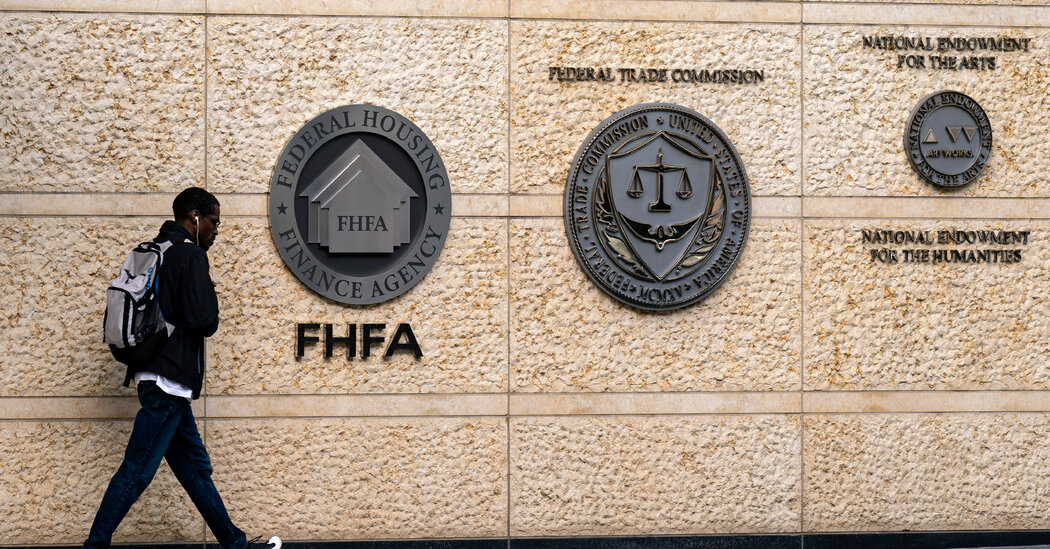Concerns Arise at the National Endowment for the Humanities
In a recent development, leaders at the National Endowment for the Humanities (N.E.H.) have communicated to their employees that the Trump administration is pushing for significant reductions in both staffing and funding for the agency. This move marks a continuing trend of federal agencies that promote scholarship and cultural initiatives facing scrutiny and potential cuts.
This situation follows the recent pressures placed on Shelly Lowe, the N.E.H. leader appointed by President Biden, to resign from her position several months prior to the completion of her four-year term. Since her departure, a team that includes members from the Department of Government Efficiency (DOGE), which is part of Elon Musk’s government restructuring initiative, has conducted multiple visits to the N.E.H. office.
On Tuesday morning, N.E.H. managers informed staff that DOGE has recommended drastic reductions in personnel, potentially eliminating as much as 70 to 80 percent of the agency’s workforce, which currently comprises approximately 180 employees. Additionally, there are indications that all grants awarded under the Biden administration that have not yet been fully disbursed may face cancellation. According to three employees who were present during the meetings, senior leadership is expected to formulate more specific plans on what these cuts would entail in practical terms.
A spokesperson for the N.E.H. did not respond to requests for comment regarding these developments. At present, the agency is being led by interim director Michael McDonald, who also serves as its general counsel.
Established in 1965 under the same legislation that created the National Endowment for the Arts, the N.E.H. has since awarded over $6 billion in grants to a diverse range of institutions, including museums, historical sites, universities, and libraries. According to the agency’s official website, its budget for the previous year stood at $211 million.
The endowment is known for supporting a variety of projects through its direct grant programs. The most recent funding round, announced in January and amounting to $26.6 million, allocated resources to several notable initiatives, including:
- $175,000 for oral history projects related to the devastating Lahaina wildfire in Hawaii.
- $300,000 for digitization efforts aimed at preserving the collections at the Louis Armstrong House Museum in Queens.
- $150,000 for a study focused on online language learning at the Yiddish Book Center in Massachusetts.




